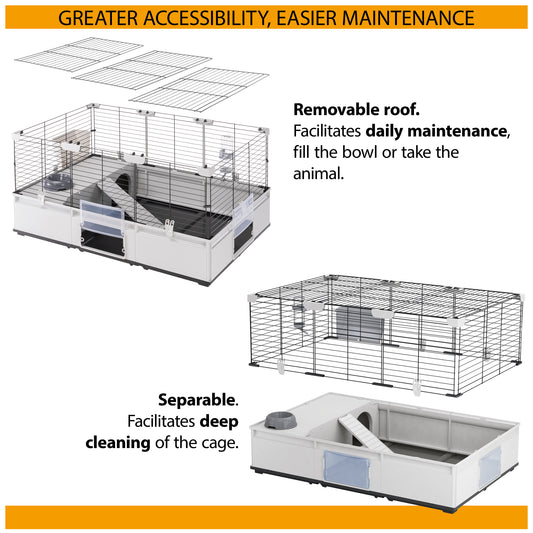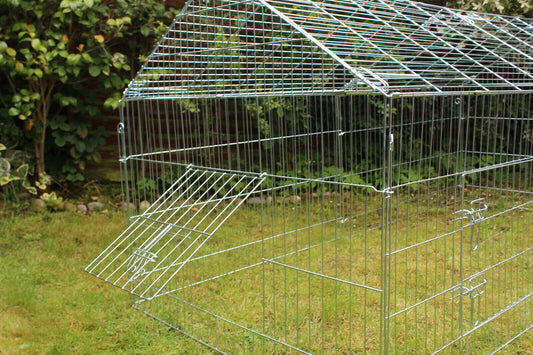April is National Pet Month during which our nation’s love of all pets is celebrated and awareness is raised about what it means to be a responsible pet owner. Giving a home to a cat – whether it’s a kitten from a breeder or a rescue from a shelter – is a big decision, and part of being a responsible owner is ensuring you get it right. Do your research ahead of time and make sure you adequately prepare yourself for life as a cat owner.
How to be a responsible cat owner
Being a responsible owner means making sure that all your pet’s physical and emotional needs are met, as well as protecting them from harm. Here are some things that every cat owner should consider:
Feeding
A cat owner needs to provide their pet with a nutritious and well-balanced diet. The best way to do this is with a complete cat food that is designed to give a cat everything it needs for optimal health. Unless you are confident in being able to fulfil a cat’s complex nutritional requirements, it is best to stick to shop-bought cat food rather than making your own.
Shelter
A cat owner needs to provide their pet with suitable housing and bedding. This means giving a cat a warm and comfortable place to rest where they feel safe. Cats are territorial creatures so this need to feel at home is very important to them.
Identification
By 10 June 2024, all cat owners must have their pets microchipped or face a fine of up to £500. Microchipping is a form of permanent identification in which a tiny chip is painlessly injected under the skin of an animal. When an electronic reader is passed over the chip, an identification number unique to that animal is picked up which can then be cross-referenced with a microchip database that holds the owner’s details. Microchipping enables lost or stolen pets to be returned to their rightful owners, as well as providing a way to correctly identify cats that have been found injured or deceased.
It is a good idea to also give your cat an ID tag on a collar so that they can be easily identified as belonging to you. The tag should include your name and contact details and be attached to a cat collar with a safety release clip so that your cat cannot strangle themselves if their collar becomes caught.
Protect against disease
A cat owner needs to protect their pet from common diseases by ensuring their vaccinations are up to date and that they are regularly treated for fleas and worms. Annual check-ups with a vet will mean that any health issues can be dealt with promptly.
Neutering
If you do not intend to breed from your cat it is important that you consider having them neutered. This involves castration in males and the removal of the ovaries and uterus (spaying) in females.
Neutering is a very important part of being a responsible cat owner due to the numbers of unwanted kittens ending up in rescue centres.
It is impossible to prevent matings in cats that have access to roam outdoors unless they are neutered. A cat can easily have up to three litters a year, with five or six kittens in each. This level of breeding can be harmful for the mother and could potentially produce 18 unwanted kittens a year.
Insurance
A cat owner should ensure that they have the means to cover veterinary costs if their pet becomes sick or injured. The best way to guarantee peace of mind when it comes to unexpected vet bills is to take out a suitable pet insurance policy. Policies vary in terms of premiums and things covered so it pays to shop around.
Find out more
You can follow all the action this month via the National Pet Month social media channels – Twitter and Facebook – or catch the latest on the website at nationalpetmonth.org.uk
If you enjoyed this article, have a look at:









